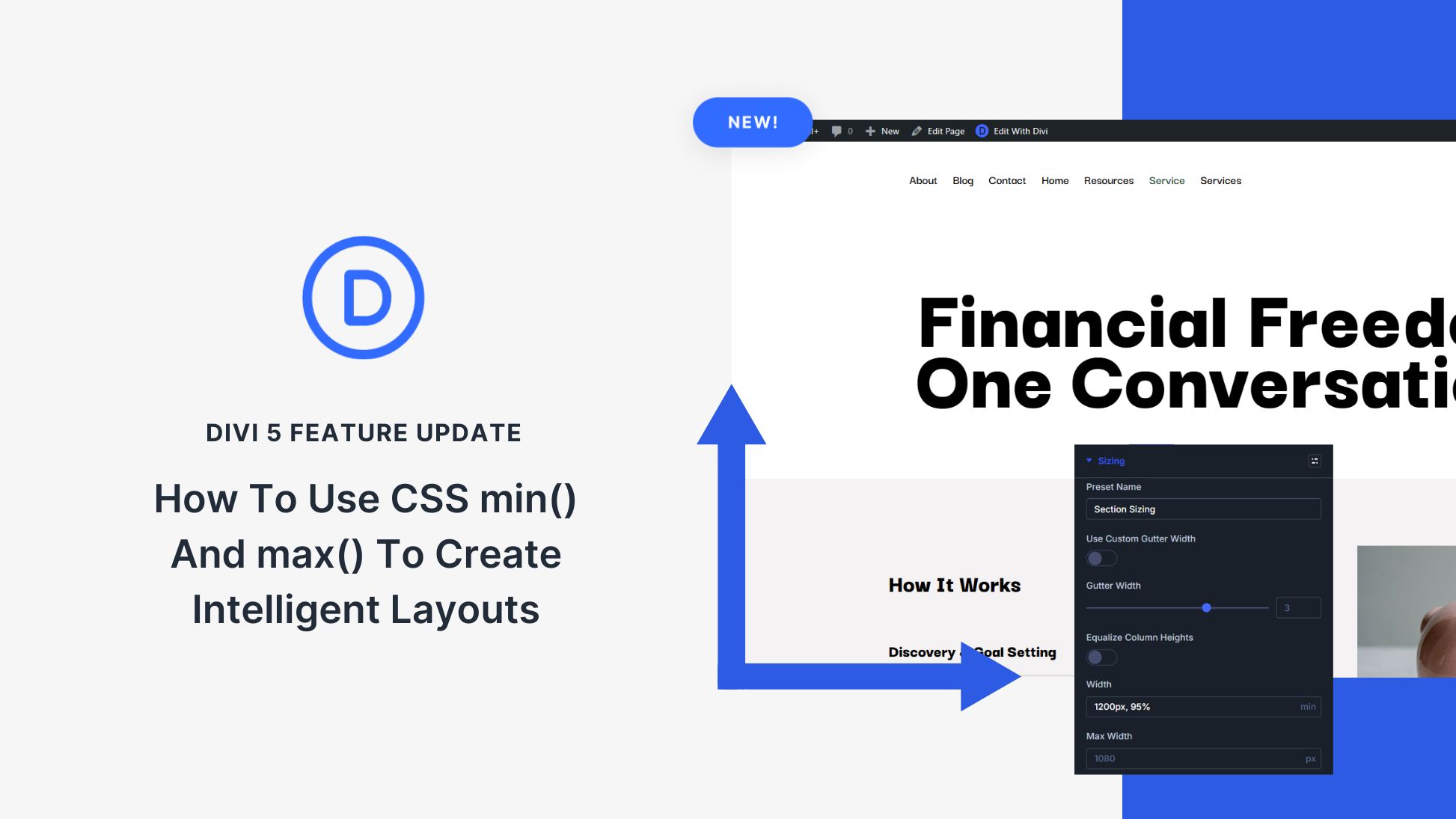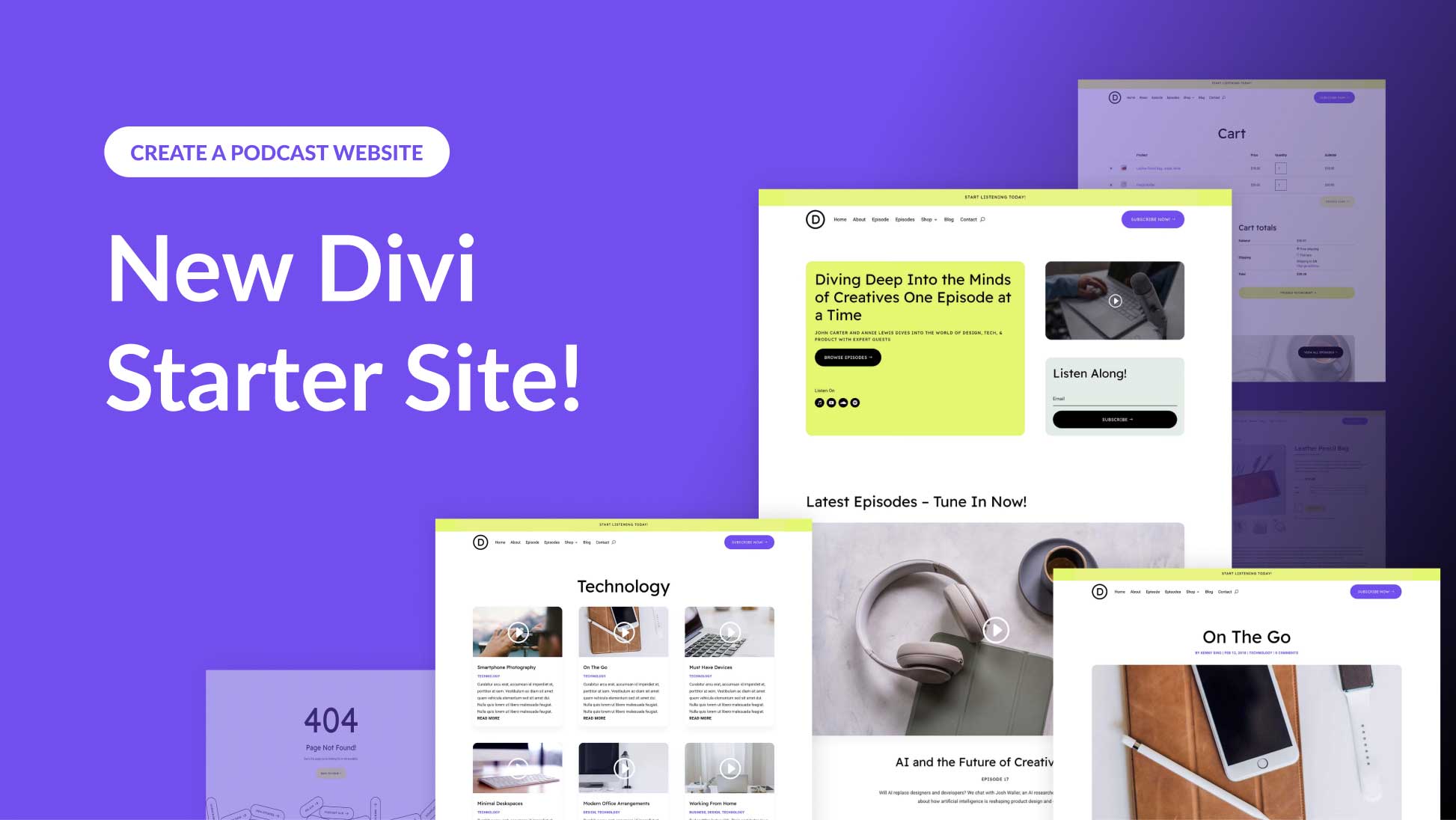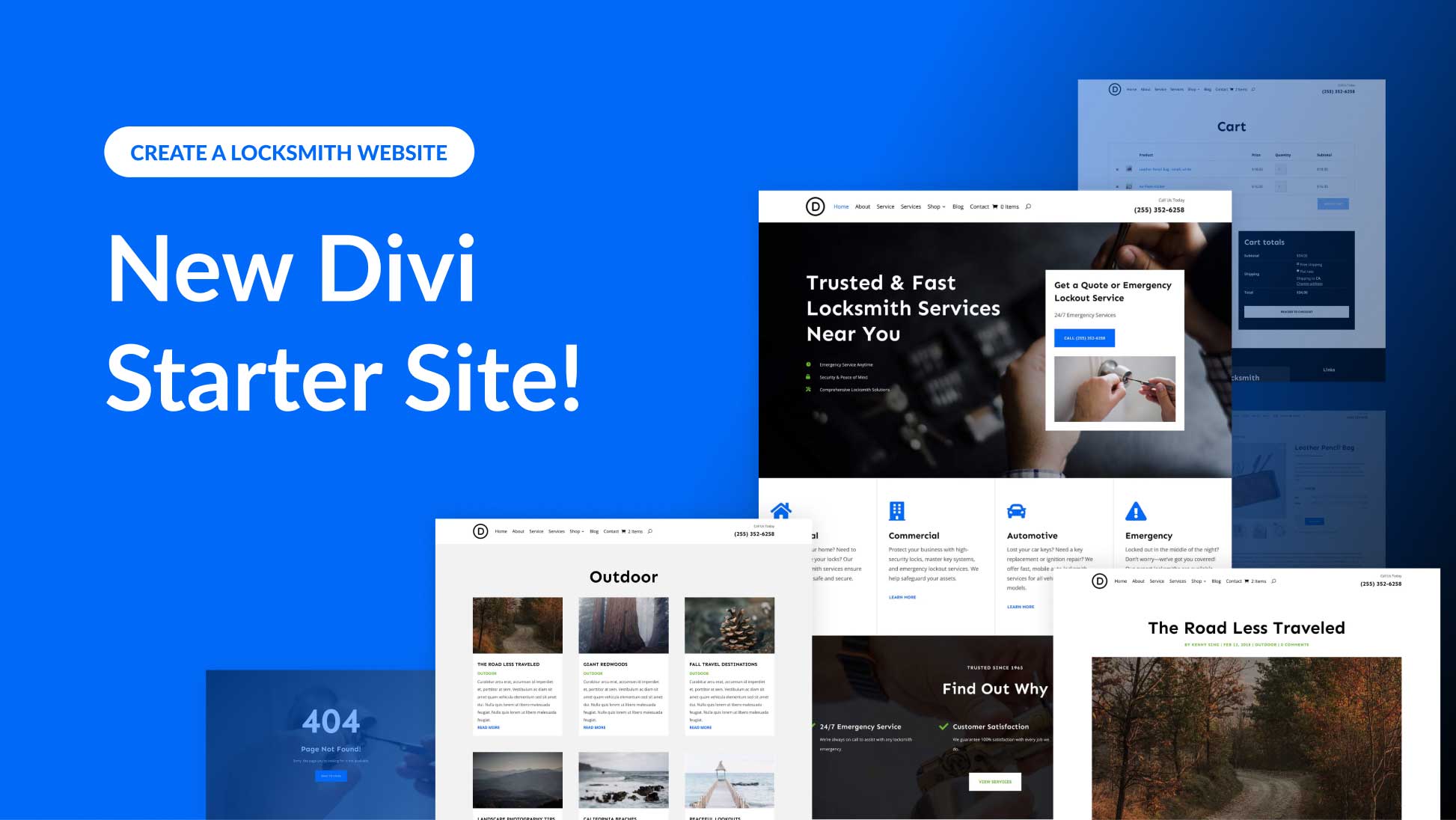Hey Divi Nation, we’re back this week with another Divi Nation Short. Since we began publishing Divi Quick Tips on a near daily basis, the question of what Divi Nation Shorts should be has come up. I address that and more in today’s episode.
Creating a Comment Policy for Your Brand (And Why It’s Important) – Divi Nation Short
[powerpress]
Subscribe To Our Youtube Channel
The main topic of this episode is creating a comment policy. Something I felt was important for the Divi community at large since it’s made up of a lot of smaller groups, brands, and businesses. That’s why in this Divi Nation Short I talk about how we here at Elegant Themes went about creating our comment policy and share some tips for how you might want to create your own.
Summary
Simply put, a comment policy is nothing more than the ground rules for discussion that you set for your brand’s blog and social channels.
It’s important to set these ground rules because in doing so you also set the community’s expectation of what’s acceptable when they choose to engage with you, your content, content authors, or other community members.
In my experience, a good comment policy does three things:
1. It outlines and encourages participation that embodies brand values.
At Elegant Themes our three core values are Elegance, Empowerment, and Community. So when it came time to write up our comment policy I made sure we put a premium on behaviors that would make our comments section a place where people showed appreciation for good design, encouraged each other, and came together around personal growth and constructive criticism.
2. It outlines and prohibits undesirable behaviors.
For us that has meant addressing simple things like tone. Our golden standard for an approved comment is one that adds value, but our second policy point is concerned with civility. In our community, if you can’t offer a criticism without overwhelming negativity, we’d rather not publish it.
After all, creativity and design are part of the lifeblood of our community and getting good at those things often means taking risks and making mistakes. We don’t want to create an environment in which anyone feels like they can’t mess up and move on. Or that everything has to be absolutely perfect before it’s worth while to share.
3. It covers any legal or technical issues in plain, easily understood words.
This is no the time to show off your legalese or corporate speak. You’re dealing with other people in your own community and the important thing is that they get the message, not that you sound super smart or official or anything like that. If that happens on it’s own, good for you, but that’s not the point.
View the Elegant Themes Comment Policy
Next Week: Another Full Length Episode
We’ll be back next week with another full length episode of Divi Nation where I interview a member of the Div Community.
Be sure to subscribe to our email newsletter and YouTube channel so that you never miss a big announcement, useful tip, or Divi freebie!













Thank you for this, I found it super useful for my new blog.
Denise x
thank you for the tips
This is actually a great idea!!!
I never really thought about this completely. I applied similar practices but never thought of writing an actual policy.
I’m definitely implementing this on my blog.
Thanks Nathan!
You’re welcome, so glad you found it helpful 🙂
Great post! Now you got me thinking of one for my brand Stupid Easy® which I’ll be launching soon. I’m already brainstorming the 3 core values part. There are several keywords I could choose. Any tips for narrowing them down?
I would recommend trying one of the many “core value discovery exercises” that are out there. You can google “how to find my core values” or something similar and you’ll see all kinds. It’s very subjective so ultimately it’s just going to have to feel right for you to know you’ve hit the nail on the head.
For example, I was with Elegant Themes for almost a year before we started talking publicly about our core values. But the discovery process started right away. Since I’ve been here I’ve been taking notes and paying attention to the “pulse” of the community to try and get to the heart of what we stand for.
Nathan. Thank you. Good tips here for comment moderation.